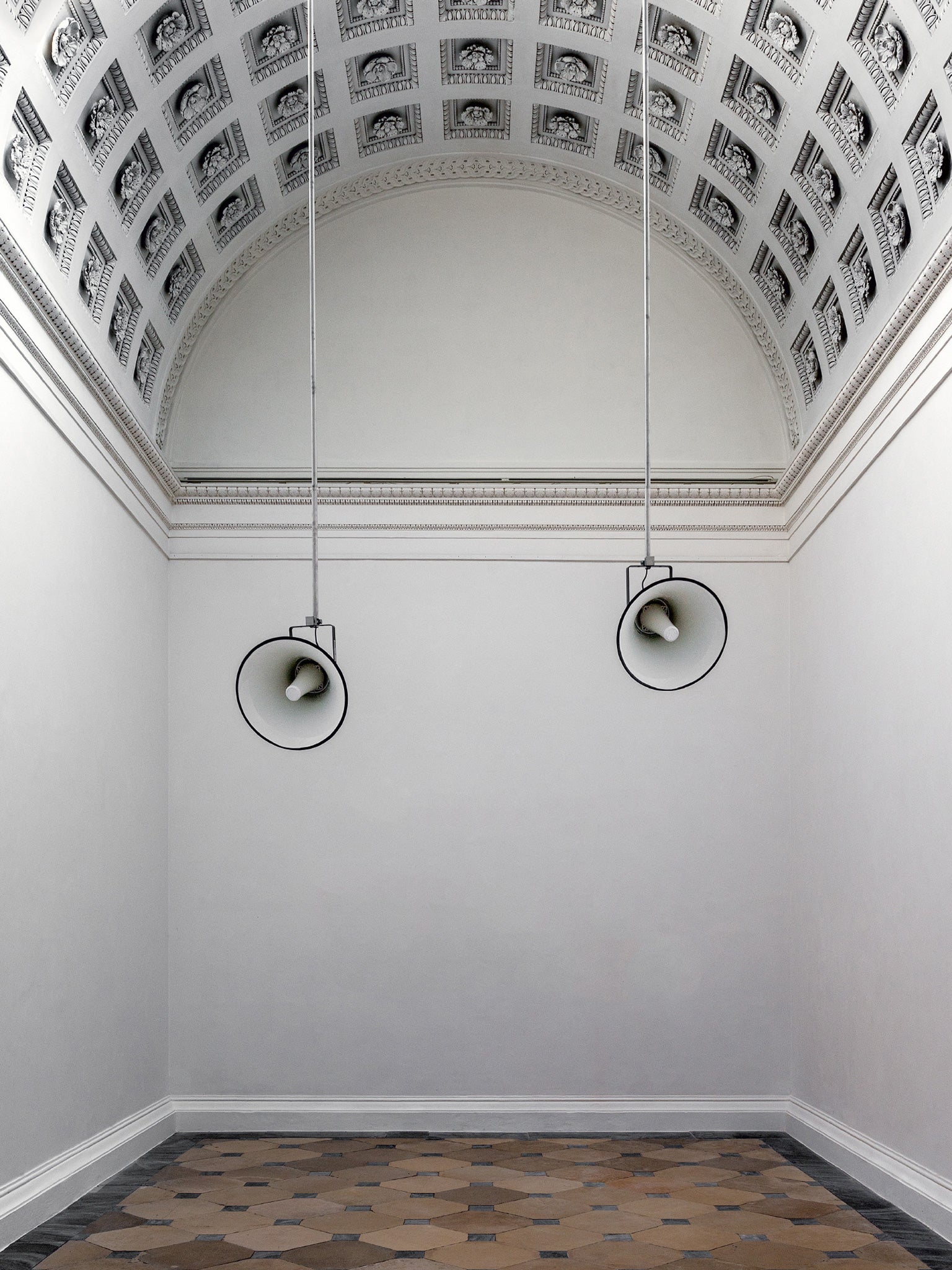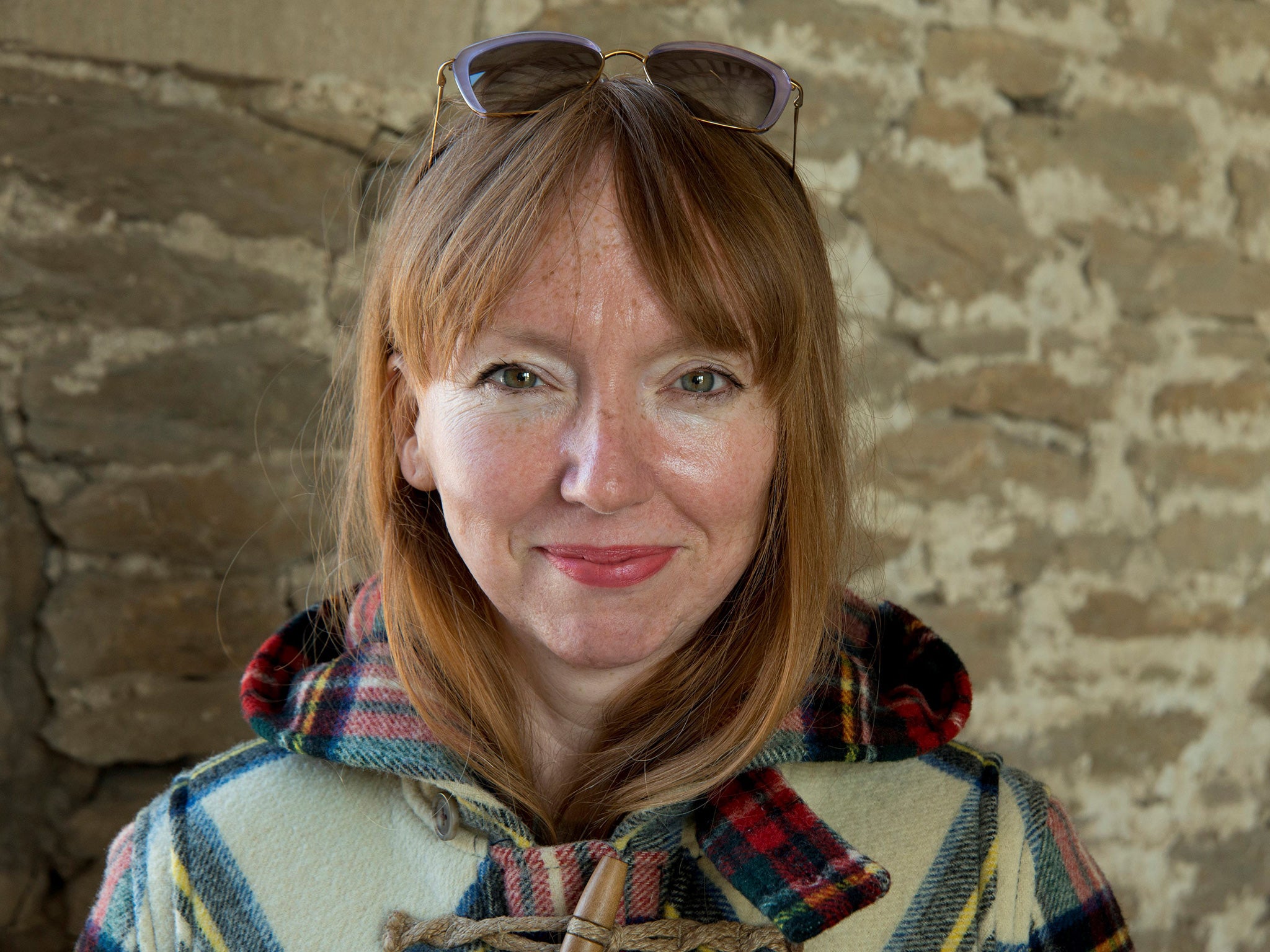World War 1: Tate Britain to play war-damaged instruments for months to mark centenary of conflict
The work will be played in Tate Britain’s Duveen Galleries from 21 November until 5 April

The Last Post will echo through the halls of Tate Britain for months, played on instruments damaged in conflicts, including a shrapnel-hit clarinet and a trumpet salvaged from a ship sunk by a German U-boat.
War Damaged Musical Instruments is a sound installation by Turner Prize-winning artist Susan Philipsz to mark the centenary of the First World War.
The work, using brass and woodwind instruments, will be played in Tate Britain’s Duveen Galleries from 21 November until 5 April.
The Last Post is traditionally played at Commonwealth military funerals and ceremonies commemorating those killed in war, including Remembrance Day.
It is a 14-part recording, the central part of which will be using First World War instruments from both sides.
These include a clarinet damaged by shrapnel, a tuba recovered from the German trenches and a British military bugle. Ms Philipsz also commissioned the music on a cavalry trumpet salvaged in the wreck of the SS Pomeranian and covered in barnacles, which was torpedoed by a German submarine in 1918.

The work will have “special resonance”, a spokeswoman said, as part of the Tate Britain site had been used as a military hospital during the First World War.
Instruments from different conflicts used in the recordings included the Balaclava Bugle, which was used to sound the ill-fated Charge of the Light Brigade in 1854 during the Crimean War, in which British cavalry were sent in a disastrous mission to attack Russian guns.
Another was the horn from the Battle of Waterloo found the day after the battle in 1815 next to the body of a 14-year-old drummer boy.
Ms Philipsz, who won the Turner Prize in 2010, is known for creating sound pieces and has developed this work for past two years.
The Glasgow-born artist, who now lives in Berlin, said: “I am less interested in creating music than to see what sounds these instruments are still capable of, even if that sound is just the breath of the player as he or she exhales through the battered instrument.”
It is part of the cultural programme set up to commemorate the First World War called “14-18 Now”.
Jenny Waldman, the director of the programme, said the work was a “powerful reflection on the damage wrought in the First World War”.
Join our commenting forum
Join thought-provoking conversations, follow other Independent readers and see their replies
Comments
Bookmark popover
Removed from bookmarks